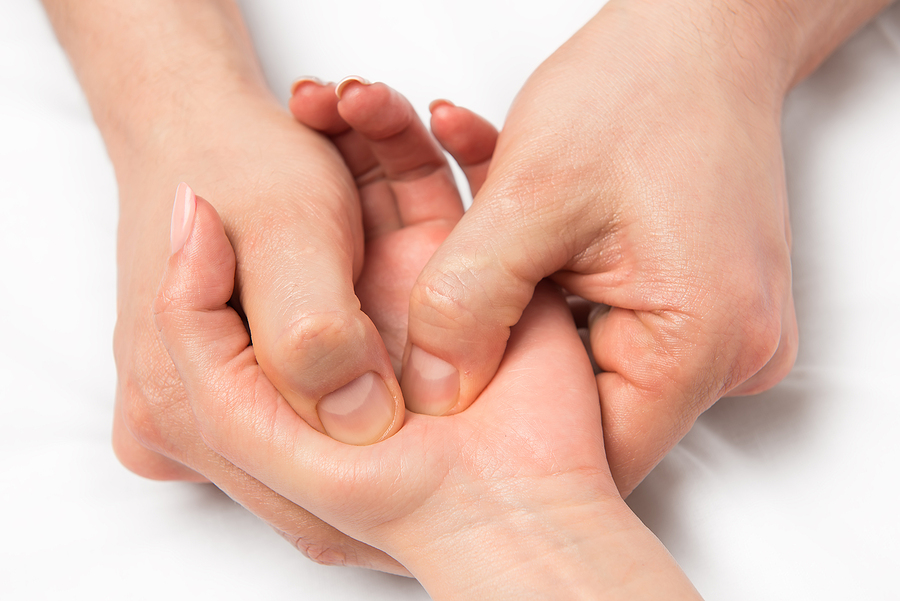Although rheumatic diseases like osteoarthritis, gout, polymyalgia rheumatica, and rheumatoid arthritis have a fairly wide variety of symptoms, one troubling symptom is common to all of them: chronic joint pain. In fact, the Centers for Disease Control did a recent study that found that around 19 million adults in the United States reported joint pain so severe that it limited their daily activities. The inflammation, joint stiffness, and muscle tension frequently associated with rheumatic conditions can also result in chronic pain, or pain that persists for months or years.
While there is currently no cure for these health conditions, working with a rheumatologist can help patients address symptoms, including chronic pain, by developing a personalized treatment plan. Some treatments may include physical and occupational therapy, anti-inflammatory medications (e.g., corticosteroids and non-steroidal anti-inflammatory drugs), and immunosuppressive medications.
A growing body of research has also demonstrated that massage therapy can be a very effective tool in managing chronic pain for rheumatology patients.

How Does Massage Therapy Help with Pain?
You may have thought of massage as a luxury reserved for vacations and Mother’s Day celebrations, but many medical centers now offer massage therapy as a standard treatment option. A professional therapist understands how to apply the right amount of pressure to problem areas in muscles, tendons, and ligaments. These muscles and soft tissues respond to the pressure by relaxing and then releasing.
Relaxed muscles and soft tissues lead to fewer muscle contractions and spasms and can relieve nerve compression. The result? Significant pain relief.
Besides relaxing muscles and soft tissues, different types of massage therapy can also:
- Increase blood circulation to affected muscles and joints, which allows oxygen and other helpful nutrients to speed relief and healing
- Address and reduce joint inflammation
- Improve mobility and flexibility, which increases range of motion and reduces stiffness and pain
- Promote deeper sleep and overall wellness
- Reduce stress and anxiety by producing a relaxation response and limiting stress hormones
Types of Massage Therapy
Depending on the type and location of chronic pain, different types of massage therapy might be more effective than others. For example, lymphatic drainage massage, also known as manual lymph drainage, helps your body flush out toxins and drain fluid, which addresses swelling and inflammation commonly associated with gout or rheumatoid arthritis. Other types of massage therapy include:
- Medical massage – focuses on medical needs such as relieving nerve compression, managing pain, increasing flexibility, improving digestion, etc.
- Swedish massage – focuses on releasing muscle knots, lengthening muscles, releasing muscle tension, and increasing circulation
- Deep tissue massage – focuses on releasing muscle tension, improving posture, and increasing range of motion
- Oncology massage – focuses on partnering with the central nervous system to induce relaxation, decrease nausea, increase energy, and reduce anxiety and pain
- Neuropathy massage – focuses on applying deep pressure to trigger points, especially in the hands and feet
- Reflexology – focuses on increasing circulation to reflex points in hands, feet, and ears to release endorphins, alleviate headaches, improve circulation, and promote healing
Schedule Massage Therapy at Advanced Rheumatology of Houston Today!
At Advanced Rheumatology of Houston, we are focused on helping those with rheumatic conditions get the support they need to live a more comfortable life. We offer a full range of massage therapy services to help alleviate your chronic pain. Call us today at (281) 766-7886 to schedule an appointment to meet with a rheumatologist or to take advantage of our therapy services. We look forward to hearing from you!



